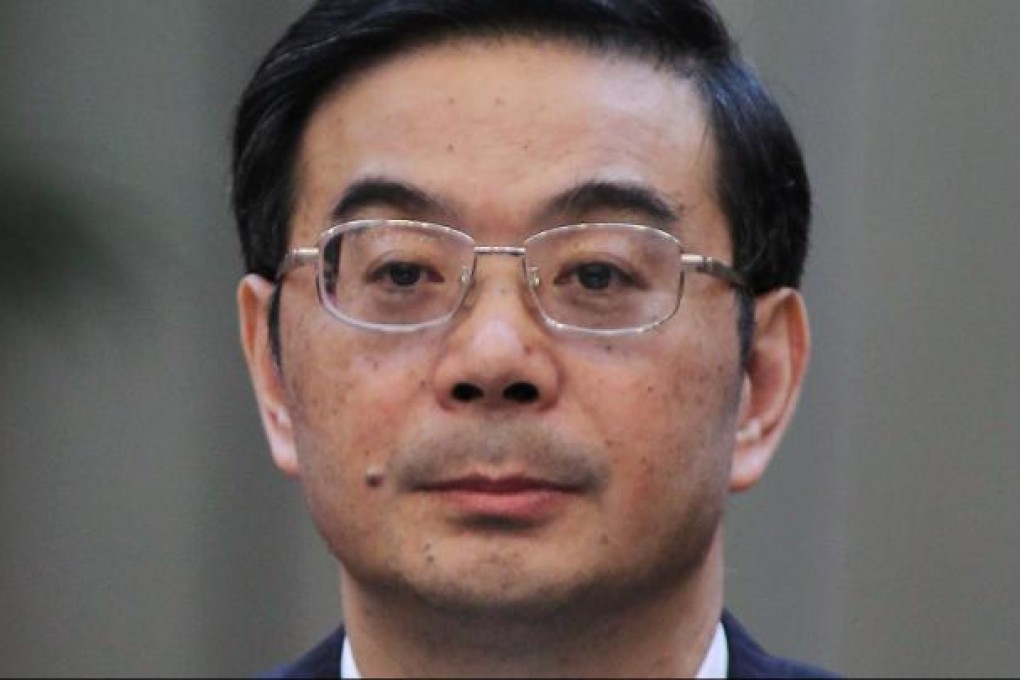Opinion | Pedigree of top judge Zhou Qiang offers hope for legal reform
Observers are pleased the new chief of the Supreme People's Court, Zhou Qiang, has a strong background in law

Last month's appointment of law graduate Zhou Qiang as the new chief of the Supreme People's Court is stoking hopes that he may steer judicial reform on the mainland back in the right direction.
Unlike his predecessor Wang Shengjun, a party official with a police background who never studied law, Zhou, 53, was one of the country's first law students after the Cultural Revolution. He joined Southwest University of Political Science and Law in 1978 and graduated with a master's degree in civil law in 1985.
He then spent a decade in the Ministry of Justice, working mainly in policy and legislative affairs, then rose through the ranks of the Communist Youth League before being sent to Hunan and eventually becoming Communist Party secretary of the province for three years.
While few believe that one person can change a whole system, many mainland legal professionals nevertheless hold out cautious hope that Zhou's appointment could bring about positive change.
Zhou has a reputation for being pragmatic and open-minded. In Hunan, he pushed for transparency and the building of rule of law by making the judiciary more accessible to the public. And when he was at the Ministry of Justice, he worked closely with judge Xiao Yang, who was Supreme People's Court president for a decade until Wang Shengjun took over. Xiao, who once served as justice minister, is remembered for his efforts to make the judiciary more professional - for example, by requiring judges to have studied law and to sit for the same legal qualification examinations as lawyers and prosecutors.
During Wang's reign as court president, which began in 2008, many believe judicial reform stalled or went down the wrong path, with maintaining stability his main concern. He scaled back professionalisation efforts and instead trumpeted the "Three Supremes" - that the judiciary should "serve the interests of the Communist Party, the people and the constitution", in that order.
Wang also pushed the courts into doing mediation and called for judges to take proactive roles in resolving disputes, rather than adopting the more independent arbiter role that Xiao promoted.